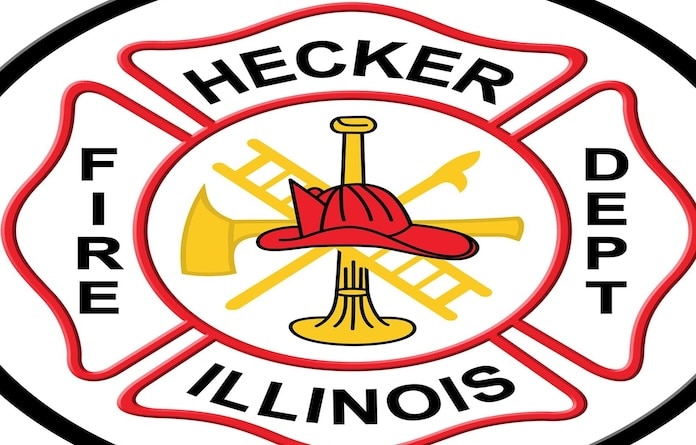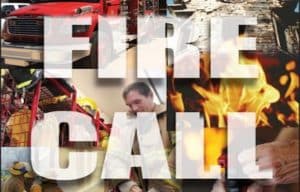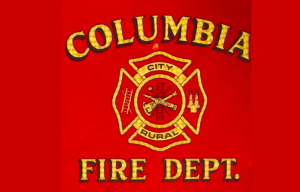Waterloo dealing with the noise
Following recent incidents that resulted in violations issued, particularly downtown, Waterloo officials are revising the city’s noise ordinance.
The matter was discussed at length during an ordinance committee meeting held prior to the regular city council meeting Monday night. While nothing was voted on, the issue moved forward and will be talked about again at an upcoming meeting.
The city ordinance as it stands now states “it shall be unlawful for any person to willfully make, continue or cause to be made or continued any loud and raucous noise, which term shall mean any sound which, because of its volume level, duration and character, annoys, disturbs, injures or endangers the comfort, health, peace or safety of reasonable persons of ordinary sensibilities within the limits of the city.”
The most recent alleged violations of this ordinance came May 22-23 when some owners and operators of Uncle John’s RRR Bar at 141 S. Main Street were issued six noise violations by Waterloo police.
Washy’s Saloon, which operated at 1324 Jamie Lane until its recent closure, was also cited for noise violations in recent years.
Waterloo Zoning Administrator Nathan Krebel presented a proposed new noise ordinance to committee members Monday night. It provides a definition and measurement of excessive noise, with police officers and city employees authorized by the police chief or city code administrator allowed to obtain sound levels using a decibel reader.
“The current ordinance is outdated and hard to enforce by police,” Krebel said as to why the city is looking to revise the code. “A new, updated ordinance will be a valuable tool for police.”
City attorney Clay St. Clair agreed, saying the current noise ordinance on the books is “quite vague” with no objective measure of what “loud” is.
Waterloo Police Chief Jeff Prosise said more levels need to be recorded for further research on volume levels within the city, but the revised ordinance as proposed would help his department for 99 percent of noise-related calls.
St. Clair said the revised ordinance is “better than what we have on the books at present.”
While the committee seemed to be in agreement with the revised ordinance as it relates to defining and measuring noise, much time was spent discussing enforcement of this ordinance and penalties going forward.
The current penalty for violating the noise ordinance is a fine “not less than $100 nor more than $750 for any one offense,” with the person or establishment also able to be punished “as otherwise provided by state statutes for violation of municipal ordinances.”
Alderman Stan Darter, who is one of the five members of the ordinance committee, played devil’s advocate at the meeting and offered hypothetical situations such as a downtown event sponsored by the city that is “ruined” by the actions of a neighboring establishment with loud music.
“If I am the person that’s not following the rules and you have a one-day event going on and as that event is unfolding … and this becomes a problem, writing an ordinance (violation) will not fix the problem and in four hours or five hours, the event is over. So, was it worth a $125 ticket? Because if you can’t resolve the problem when it’s happening, it’s over,” Darter said.
“So somebody could spoil an event and not pay the piper for another six months,” Alderman Steve Notheisen, also a committee member, said.
Darter offered up the hypothetical question of “If you don’t cooperate with the city, do we pull your liquor license?”
St. Clair answered that the city would have that authority.
“A violation of ordinance is equal to a violation of the Liquor Control Act,” the attorney said. “So you could use that as a boot-strapping mechanism.”
St. Clair continued that the ordinance should provide some deterrent even as the penalty states in its current form.
“The average person is going to get that ticket and turn their music off,” he said.
“We can write all the ordinances we wish, but it may not result in the action or result that we’re looking for,” Darter countered.
The mayor serves as the city’s liquor commissioner. Alderman Clyde Heller is serving as Waterloo’s mayor pro tem for the time being as Waterloo Mayor Tom Smith recovers from a recent stroke.
Heller said this is something “that has been growing” and while he has “not made a move yet,” he is still mulling over the matter.
Krebel pointed out that a mayor can appoint a special liquor advisory committee to involve more officials on matters of liquor licenses. Smith had mentioned his preference for this kind of set-up in the past, he said.
“This committee shall be appointed by the mayor and shall consist of two aldermen and the city attorney,” Illinois liquor code states. “In the event the mayor has asked the advice of his advisory committee, then no final action shall be taken on the application until the advisory committee has met and made its recommendations to the mayor; provided, however that the final decision concerning the issuance of the license shall be made by the mayor.”
Krebel also mentioned that liquor licenses expire June 30 every year and are renewed annually.
Another avenue discussed that Krebel said he will research is the possibility of issuing business licenses in town that are renewed annually.
Darter said that most in town know “who the bad actors” are.
“What they’re looking for is a response,” Darter said. “Because we make no response. We are just as culpable as they are. They’re acting bad, we’re doing nothing. It’s our fault.”






